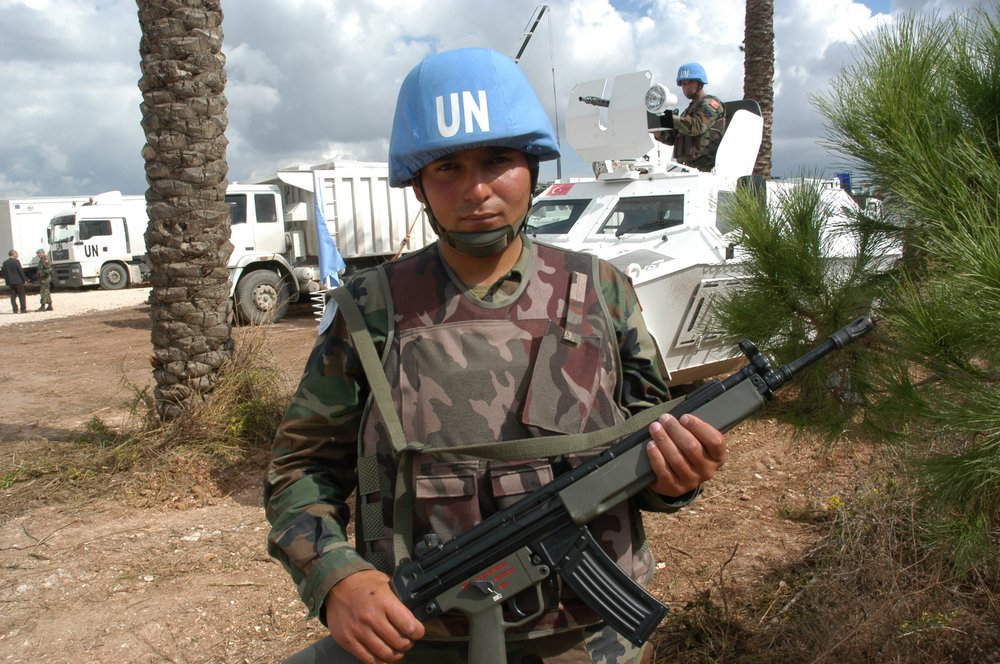Abstract: This article argues that post-conflict peacekeeping should be seen as highly valuable for further developing jus post bellum, since the UN is the main actor in contemporary post-conflict situations. It elaborates on the historical background of jus post bellum, as well as the revival of the concept within just war theory. Subsequently, it argues that the visible movement towards jus post bellum, making distinctions between the different parts of the just war theory, as well as relations between those parts and the need for a tripartite just war system. This view focuses on the compatibility of just war theory with 21st century post- conflict situations. It presents peacekeeping as the catalyst for a modern just post bellum approach and argues that, firstly, peacekeeping mandates have changed to such an extent that contemporary peacekeeping has actually become peacebuilding. Furthermore, it shows the importance of peacekeeping for modern jus post bellum, to create the catalysing function of peacekeeping. It explores this issue by focusing on recent peacekeeping missions, which established transitional administrations as these missions involve complete UN-(authorised) governments focusing on post-conflict nation building and provide for the broadest available post-conflict practice, as well as a legal foundation for jus post bellum contentions. Finally, it presents a comprehensive jus post bellum proposal based on the examined peacekeeping missions, lessons learned from earlier peacekeeping practice and general UN post-conflict nation building, which includes human rights issues, economic reconstruction and criminal prosecutions.
Keywords: just war theory, jus post bellum, UN peacekeeping and peacebuilding, transitional administrations, post-conflict nation building


